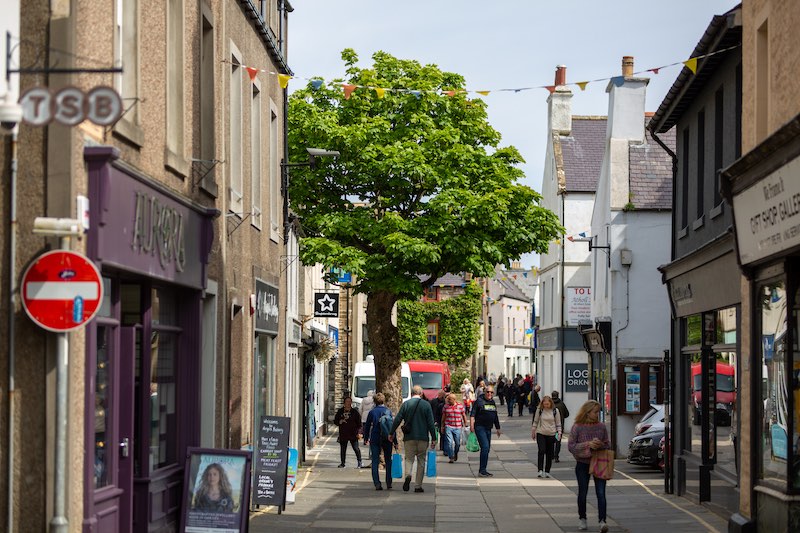Orkney Islands Council has voted not to introduce an overnight visitor levy, following strong local opposition and concerns over its fairness and impact.
The decision was made at the Council’s Policy and Resources Committee on 23 September, where members unanimously agreed not to progress the proposal at this time.
It follows similar moves by Shetland Islands Council and Comhairle nan Eilean Siar, both of which have also decided against implementing the measure.
The power to apply a tourist levy was granted to local authorities under the Visitor Levy (Scotland) Act 2024, which allows councils to charge overnight visitors staying in hotels, B&Bs and other registered accommodation.
However, a joint feasibility study commissioned by the three island councils found significant logistical challenges, limited economic benefit, and broad opposition among residents and businesses.
Stakeholders raised particular concerns about the exclusion of cruise ship passengers and camper van users, both of which contribute heavily to tourism pressures.
The study concluded that a point-of-entry levy, such as a charge on ferry or cruise arrivals would be a fairer and more practical model for island communities, though this is not currently allowed under the legislation.
Council Leader Heather Woodbridge, who chairs the Policy and Resources Committee, said the decision reflected a careful and transparent process.
“We are committed to sustainable tourism and to advocating for fair, practical solutions that meet the needs of an islands’ community,” she said.
“This excellent report laid out the full implications of introducing an overnight visitor levy at this time, allowing elected members to make their decision from an informed and data-driven position.”
Ms Woodbridge thanked local residents and industry representatives who took part in the consultation, adding:
“We will continue to engage with the Scottish Government to explore other options including a point-of-entry type solution.”
Orkney MSP Liam McArthur welcomed the decision, calling it “unsurprising” and urging ministers to work with island authorities on more tailored solutions.
“Charging visitors who stay in local hotels and B&Bs while exempting cruise passengers and those arriving in camper vans is simply unfair,” he said.
Mr McArthur added that Destination Orkney had already submitted constructive proposals for a point-of-entry levy that would avoid burdening small accommodation providers and better reflect the nature of island tourism.
“There’s no doubt that more resources are needed to support infrastructure and services, but those solutions must work for the communities they affect,” he said.





